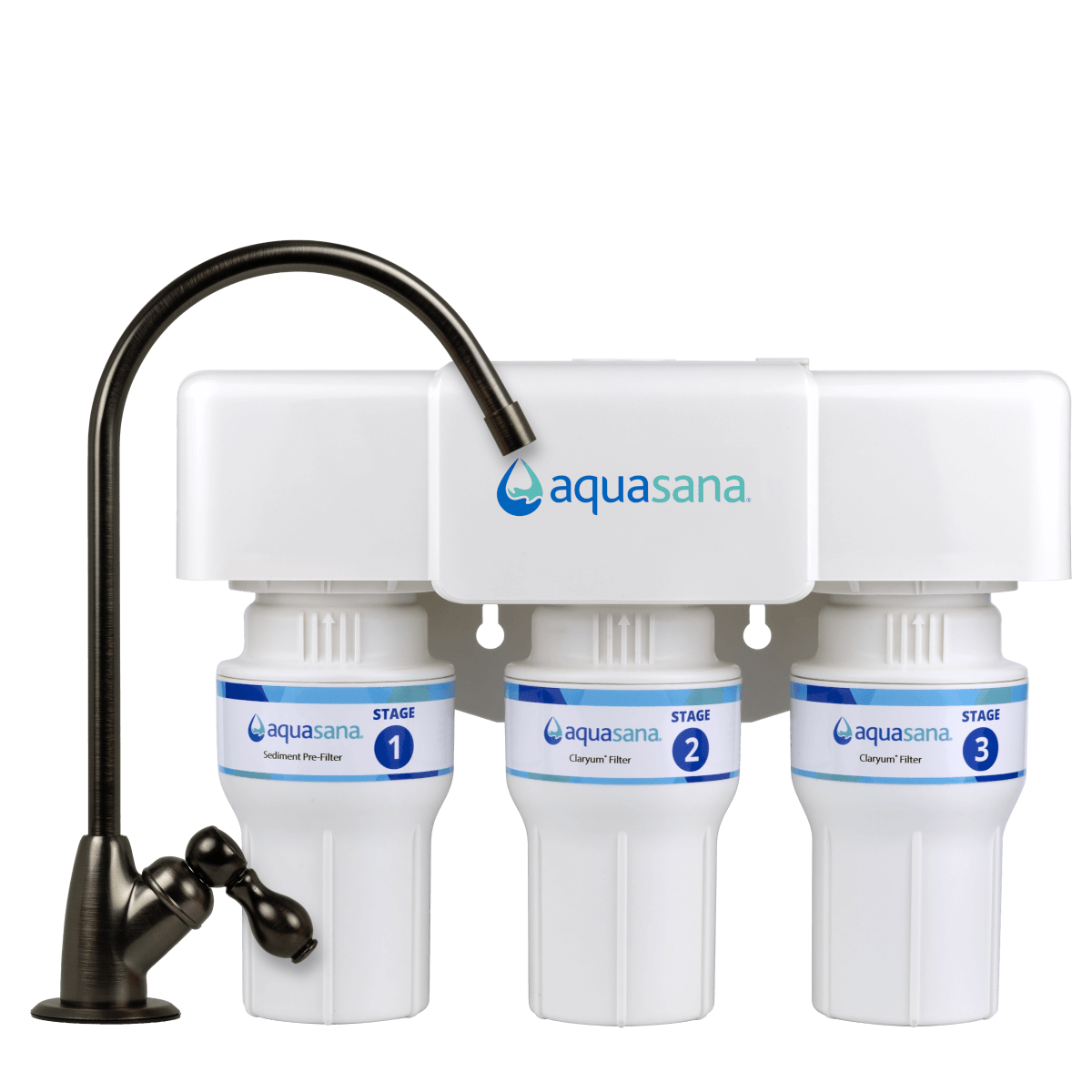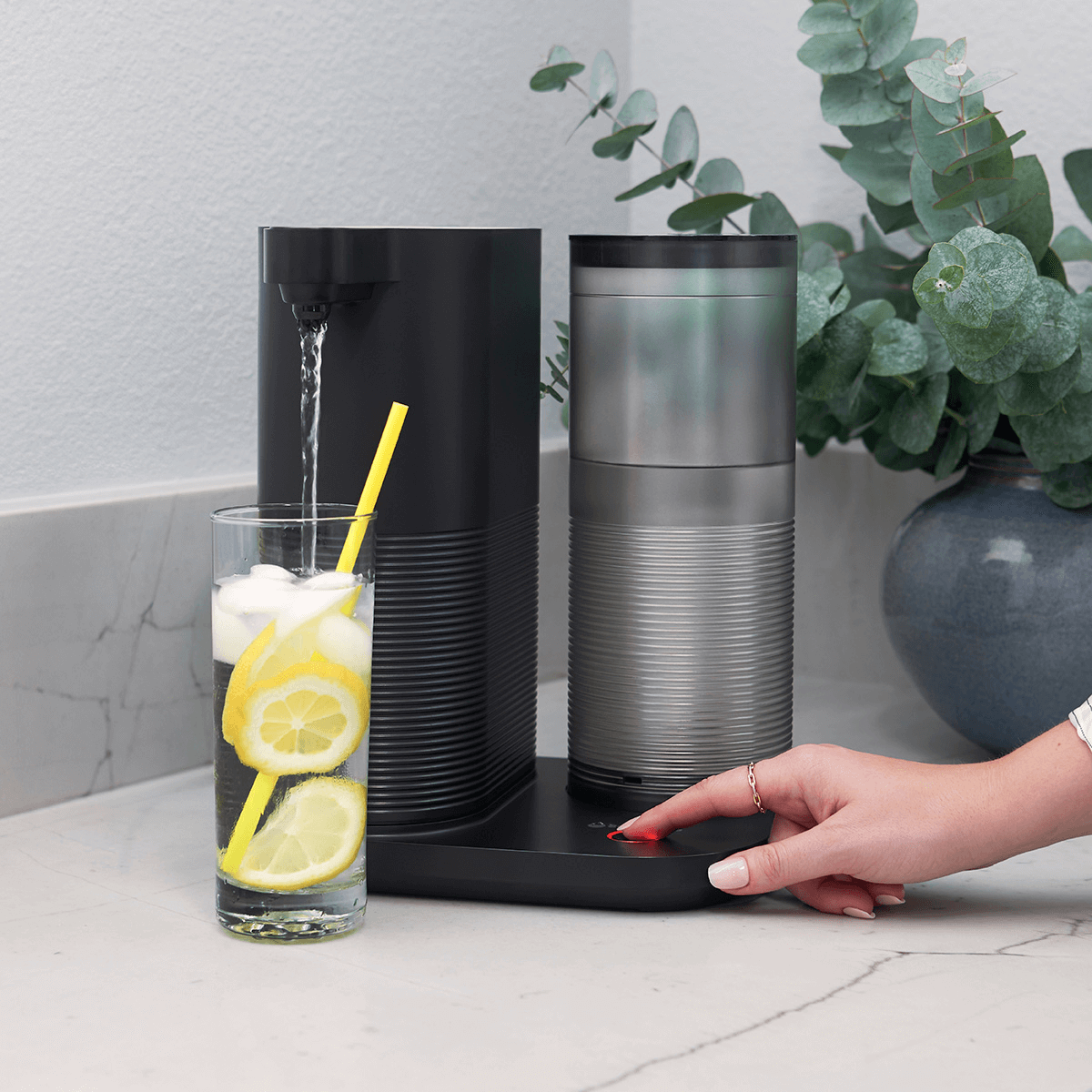Minimalist Solutions To Online Shopping Addiction and Overspending

You don’t have an online shopping addiction to benefit from shopping less. Most of the stuff you purchase online will become unused clutter, stored somewhere in your home.
Americans are amassing a lot of stuff, and shopping online become as easy as clicking and buying. If you don’t watch out, online shopping addiction could become a habit that wrecks your finances and quality of life.
Can you benefit from tips to lessen your online shopping?
Americans and others are amassing a lot of stuff
Americans are amassing a lot of stuff. Before the internet, shoppers had to leave home and visit multiple stores with limited selection to make a purchase.
Now, we can shop from anywhere at any time, with an overwhelming selection of products and providers than ever before.
Shoppers have the world at their fingertips, able to purchase almost anything instantly from a laptop, phone, or tablet.
Americans are amassing a lot of stuff. The internet makes consumerism as easy as a few clicks. With online shopping addiction on the rise, shoppers no longer browse or shop. They just go to their favorite websites and click to buy.
Shoppers can shop from anywhere, and products can arrive at their doorsteps as soon as the next day. This ease and convenience feed the growth of online shopping addiction.
As a Minimalist, this trend alarms me. Americans are amassing so much cheap, useless junk that our living spaces are bursting at the seams.
For example, we spend more on shoes, jewelry, and watches ($100 billion) than on higher education ($99 billion).
There are 300,000 items in the average American home.
The U.S. has 3.1% of the world’s children but consumes 40% of the world’s toys.
The average size of the American home has nearly tripled in size over the past 50 years.
The number of people per TV home remains steady at 2.5, continuing the trend of more TVs per home than people.
Online shopping can be pleasurable to many people for a variety of reasons. Some people love the thrill of finding deals in the guise of saving money.
Others shop and a way to bolster their self-image or to impress others. Research shows shopping can cause the release of dopamine that is a neurotransmitter that helps control the brain’s reward and pleasure centers.
The problem starts when online shopping becomes out of control. The number one sign of developing online shopping addiction is when friends and family begin to point it out to you or when you begin to hide your purchases from them.
Does any of this sound familiar?
What Ever Happened To Quality?
I was recently at an Old Navy store during a 40% off sale. This woman caught my attention as she ran back and forth between the cash register and a shoe rack.
I heard about 40% off, plus an additional 10% if she does this and another 10% if she does that. Then noticed this trend: shoppers added more items to their purchases as they received more information from staff.
I wondered whether they really needed the extra items and, as I always do, where they would put them. If this happens regularly, the staff must accumulate and live somewhere. LOL.
I decided to check out the shoes and some of the products these shoppers were so happy to purchase. To my surprise, they were mostly poorly made junk.
The shoes were anyway. They felt as light as a piece of tissue when I picked them up. They appeared to last less than a month under normal use.
Maybe storing this material will not be a problem, as its lifespan will be very short and it will become a landfill issue.
Due to the rapid globalization of manufacturing, products are cheaper than ever. Products are so cheap that shoppers add them to their shopping carts, both offline and online, without a second thought.
The products are so cheap that, when consumers are motivated by the prospect of saving money, online and offline shopping addiction sets in. The shopper says why not?
But are they really saving money? Do they need a more cost-effective product? Or really believe they are saving money? Do they really believe the mega-retailer is helping them out?
As you may have noticed, Americans are not curtailing their shopping habits.
The rising demand for cheaper clothing, electronics, and other goods is prompting manufacturers to reduce production costs, with little downside.
We all know the effects of that, so they often fail more quickly. I encountered low-quality products while experimenting with simplifying my life through a Minimalist Uniform Wardrobe.
I learned the hard way that purchasing higher-quality products saves money in the long term.
While these practices may scratch the shopper’s online shopping addiction itch in the short term, cheap, low-quality products actually cost everyone more money in the long run and fill our homes with more useless items.
Don’t Become An Online Shopping Sucker
Online retailers make it too easy to buy products you don’t need. Pop-ups and ads about a product you recently Googled follow you around the internet for days. LOL.
Badgering you to “BUY ME NOW!”.
Amazon’s patented one-click buying process can be deadly, and I am sure it fuels many online shopping addictions. With just one click, your credit card is billed, and products arrive at your doorstep as soon as the next day.
There is something concerning about that, as small children mistakenly order products that arrive at their homes, surprising their parents. LOL.
Amazon launched its Prime program in 2005, and now more than 100 million people have signed on to pay $119 a year for “free” two-day shipping. As a result, free shipping is quickly becoming the norm for online shopping.
Returning these products is not as easy. It requires the online shopper to take action. LOL. Because of low cost, low quality, buy-one-get-the-other-half-off, and deep discounts, shoppers feel no pain about keeping products they would normally return.
Pet shops used this hustle for ages. “Take the puppy home for a few days to see if you like it”. LOL.
With that said, at least 30% of all products ordered online are returned, compared to 8.89% in brick-and-mortar stores. I believe that speaks to the ease of buying junk online, sight unseen.
Still, 70% of online shoppers keep the products they have purchased.
As they say, “The house always wins“.
More Online Shopping Suckers Every Day
Americans spent more than $130.6 trillion in 2017, nearly 3 percent more than in 2016. Holiday spending has also increased: the average adult spent nearly $800 during the Christmas season, including Black Friday.
Americans spent, on average, $971.87 on clothes last year, buying nearly 66 garments,” which was “20 percent more money than they spent in 2000.” We also spent $240 billion on electronics and accessories — twice as much as we spent in 2002 — and a large nation’s GDP more on “self-care products – The Atlantic.
Is this a sign of rising online shopping addiction or of brick-and-mortar shopping’s decline? These amazingly creepy pictures of abandoned Shopping Malls in the United States are telling.
Let me know what you think in the comments below.
The Hard Facts About Online Shopping Addiction
Online shopping addiction is what many call a first-world problem. If you earn a low income and don’t have access to technology, online shopping addiction will almost never be a problem.
I say almost because poor people also shop, and they can also suffer from online shopping addiction.
There is good news. Not everyone has fallen prey to online shopping addiction. There are people like me who embrace the Minimalist Lifestyle, others who embrace the Zero Waste movement, or those who are just smart.
As a result, online consignment shops like thredUP and Poshmark help people buy and sell clothes from their closets that they no longer use.
Secondhand stores like Goodwill and The Salvation Army have online presences, helping people recycle items they no longer want.
The growing ease of recycling stuff you no longer want has two effects. Some people see the void left by vacated items as a cue to buy more.
Others see the void left by vacated items as a relief and vow to enjoy it. Americans are quickly becoming a country of hoarders, and online shopping addiction is fueling that growth.
Just 9 percent of plastic is recycled in the United States, and only 15 percent of textiles, according to the EPA. How does clothing get recycled?
A lot of clothing in the waste stream is sent to the developing world for use as rags or to landfills. Even this unsustainable solution cannot keep pace with the steady flow of purchases.
American homes will get larger, more cluttered, and more reliant on off-site storage units.
Simple Ways To Avoid Feeding Your Online Shopping Addiction
Online shopping addiction, hoarding, and clutter sap our energy and prevent people from living the quality of life they want.
Many sufferers seek ways to remove the guilt and emptiness associated with an online shopping addiction and overspending.
Do you suffer from online shopping addiction? If you repeatedly cross the line, take ownership. If you acknowledge it you have taken one of the most important steps toward a solution.
Sufferers should take a deep dive to understand why they prefer shopping online. If ease and speed of purchase are the main considerations, they should consider buying most of what they need locally.
They should try using cash to make purchases. Using credit cards or other electronic methods is less painful than using cash. The finality of counting out cash and handing it over can ground shoppers in the reality of their purchase.
Before shopping locally, make a list of the items to be purchased and STICK TO IT!
There are products that will not be found locally or just make better sense to purchase online. Before shopping online, try these Minimalist Living tips. Before I make a big purchase, I follow these simple steps:
- I ask myself if I really need the item.
- I wait at least a week before buying to see if I really want to purchase the item.
- Then ask if there is another item I already own that will satisfy my need.
- I ask myself if I could borrow the item.
- I ask whether buying a used item would meet my needs.
If you realize your online shopping addiction and overspending are a larger problem than you can handle, please seek professional help.
The Online Business Revolution is Here.
Join millions using AI to grow blogs, brands, and businesses faster than ever. Don’t be left behind in the AI boom.









The influence of Online shopping addiction is becoming so predominant that we seriously need to start to worry. The ease of access to get whatever you want to be delivered to your doorstep is a factor making this addiction problem prevail. This problem is beginning to affect those that sell offline because a lot of people prefer buying online.
Google and similar sites don’t even help matters because as soon as you search about a product before you know it, wherever you go to that particular product would pop up.
Of recent, I search a particular product in google and then later that day I opened my Instagram account and before I knew it I saw that particular product I searched on my field as an ad and this made me make the purchase. This was an addiction that I succumb to all thanks to google.
It is a real problem and we need to have a lot of restraint to be able to withstand it.
Thanks for your comment Jay. That one click Amazon buy button was a game changer. LOL. Everyone has adopted that strategy.
When my home began busting at the seams with stuff flowing out of every room I began to adopt this strategy I mentioned in the post:
Before shopping online try these Minimalist Living tips. Before I make a big purchase I follow these simple steps:
I ask myself if I really need the item.
I wait at least a week before buying to see if I really would like to buy the item.
I ask myself if there is another item I already own that will satisfy my need.
I ask myself if I could borrow the item.
I ask if buying the item used would satisfy my need.
Give it a try. I was a great place to start for me 😉
Wow, this is quite a eye opening post.
I had no idea we spend more on shoes, jewelry, and watches than on education. That’s just not right. The ratio of children to toys is a bit excessive too. I have to admit there are 3 TVs in my household and only 2 people so I guess I’m slightly better than the average but still, I can see where this might be too much.
Believe it or not, I’m not much of a shopper. I do buy whatever I want when I want it but they are usually high-end items like a laptop that I’ll keep for 5-7 years before I replace it.
My mother is addicted to shopping but her addiction is in-person at brick and mortar stores. Do you have any posts or recommendations on how to address her addiction? I fear it will one day leave her without the means to support herself. I’m just not sure how to approach it where she won’t take offense.
Thank you for this post,
Scott
Thanks for your comment Merlynmac. Yeah, I am guilty of some my self. I am working on living with more intention and attention.
Science has found there may be reason why we do some of the things we do. You or your mother may find value in this post “Why We Buy Things We Do Not Need And What To Do About It“.
The influence of Online shopping addiction is becoming so predominant that we seriously need to start to worry. The ease of access to get whatever you want to be delivered to your doorstep is a factor making this addiction problem prevail. This problem is beginning to affect those that sell offline because a lot of people prefer buying online.
Google and similar sites don’t even help matters because as soon as you search about a product before you know it, wherever you go to that particular product would pop up.
Of recent, I search a particular product in google and then later that day I opened my Instagram account and before I knew it I saw that particular product I searched on my field as an ad and this made me make the purchase. This was an addiction that I succumb to all thanks to google.
It is a real problem and we need to have a lot of restraint to be able to withstand it.
Wow, this is quite a eye opening post.
I had no idea we spend more on shoes, jewelry, and watches than on education. That’s just not right. The ratio of children to toys is a bit excessive too. I have to admit there are 3 TVs in my household and only 2 people so I guess I’m slightly better than the average but still, I can see where this might be too much.
Believe it or not, I’m not much of a shopper. I do buy whatever I want when I want it but they are usually high-end items like a laptop that I’ll keep for 5-7 years before I replace it.
My mother is addicted to shopping but her addiction is in-person at brick and mortar stores. Do you have any posts or recommendations on how to address her addiction? I fear it will one day leave her without the means to support herself. I’m just not sure how to approach it where she won’t take offense.
Thank you for this post,
Scott